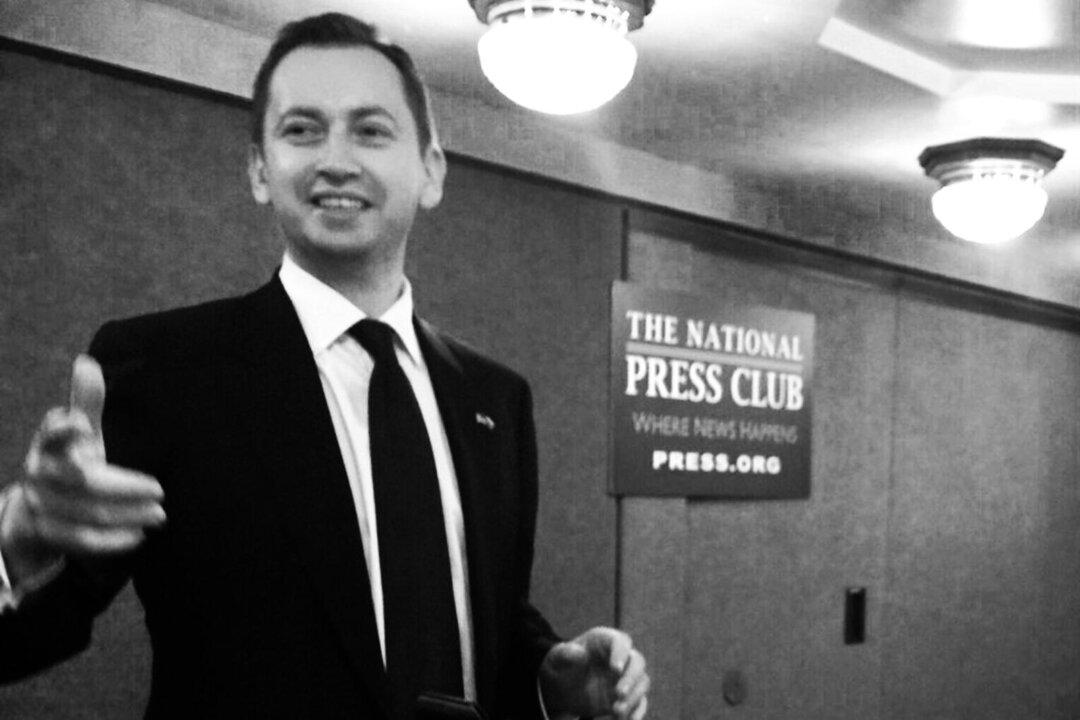The story of a man who supposedly was the “central” source of some of the most outrageous allegations regarding President Donald Trump in the Steele dossier has been full of contradictory claims and speculation.
The story told by the main face behind the infamous dossier, former British intelligence agent Christopher Steele, clashes with what Steele’s supposed “collector” of information told the FBI. Both of their accounts conflict with other information now available and even with some information in the dossier itself.





